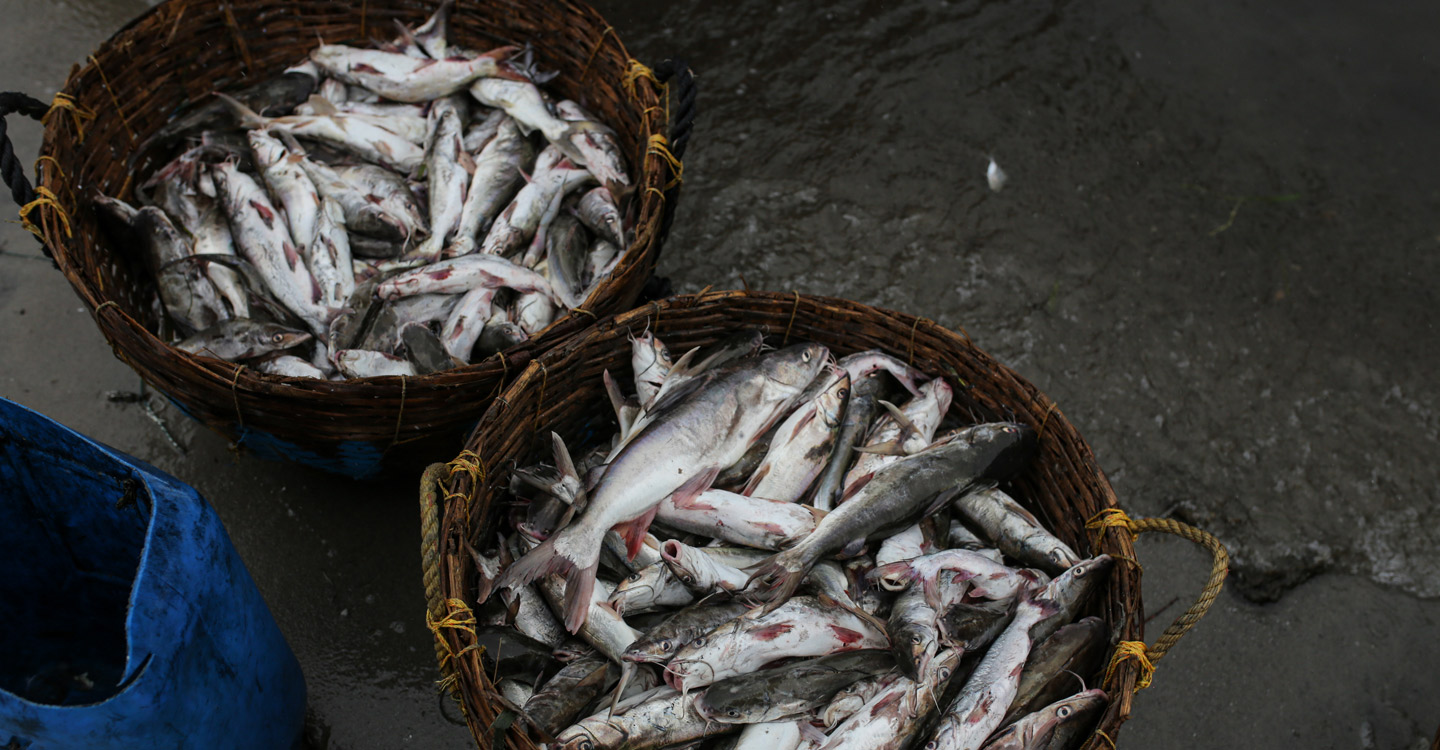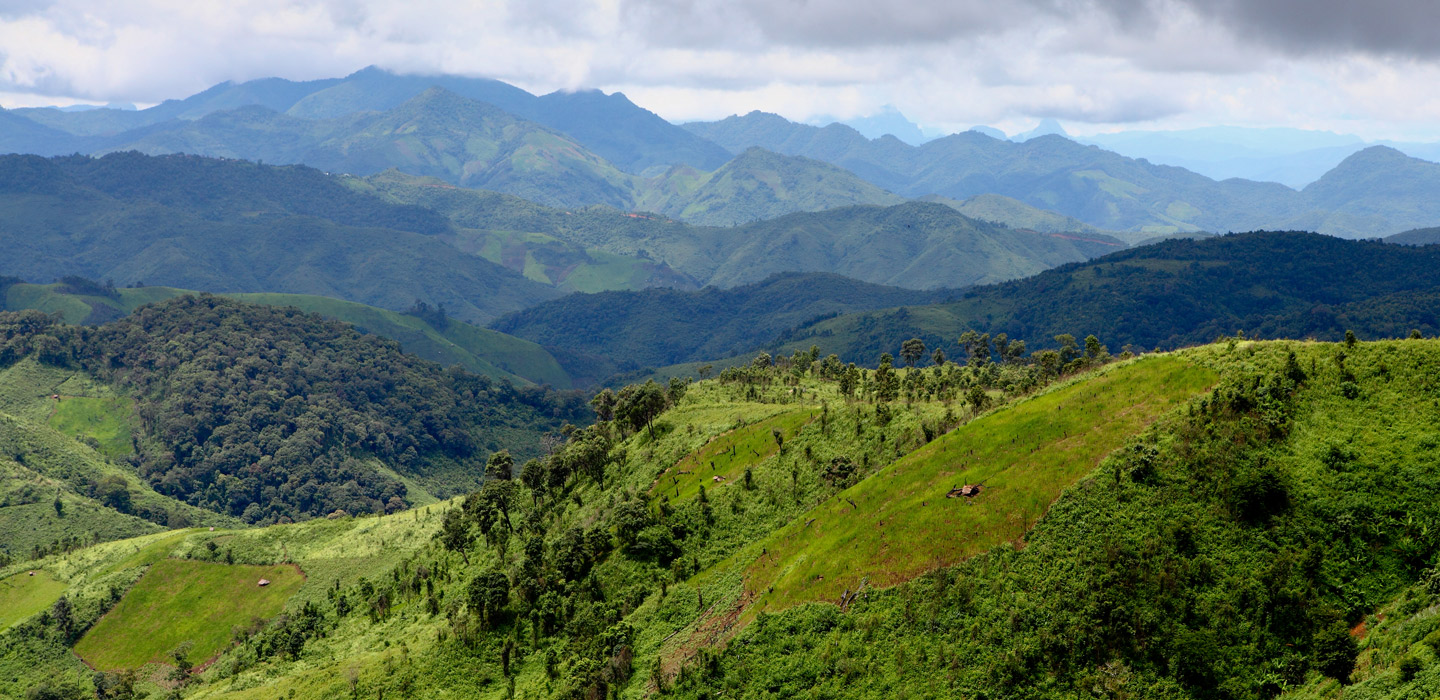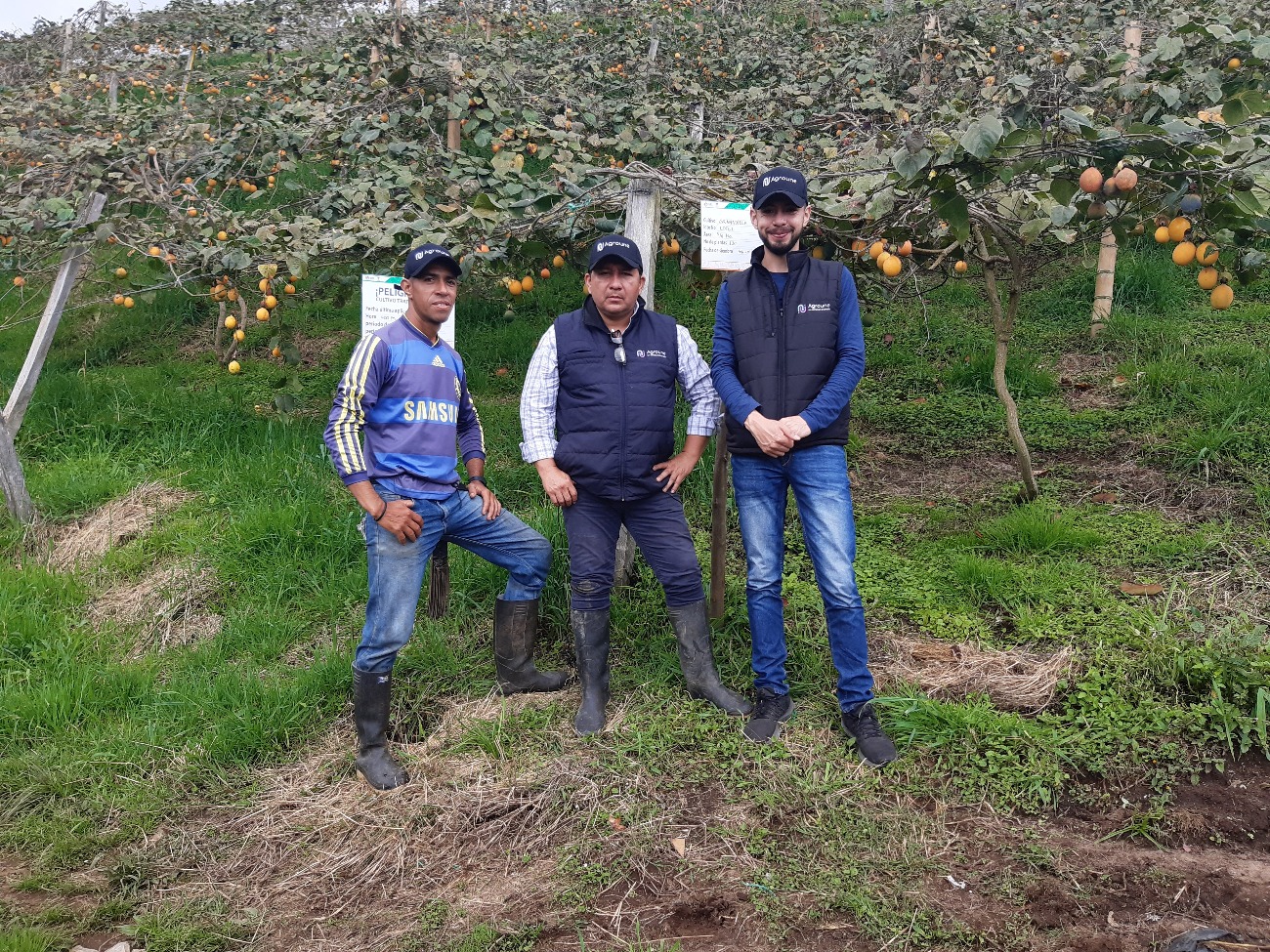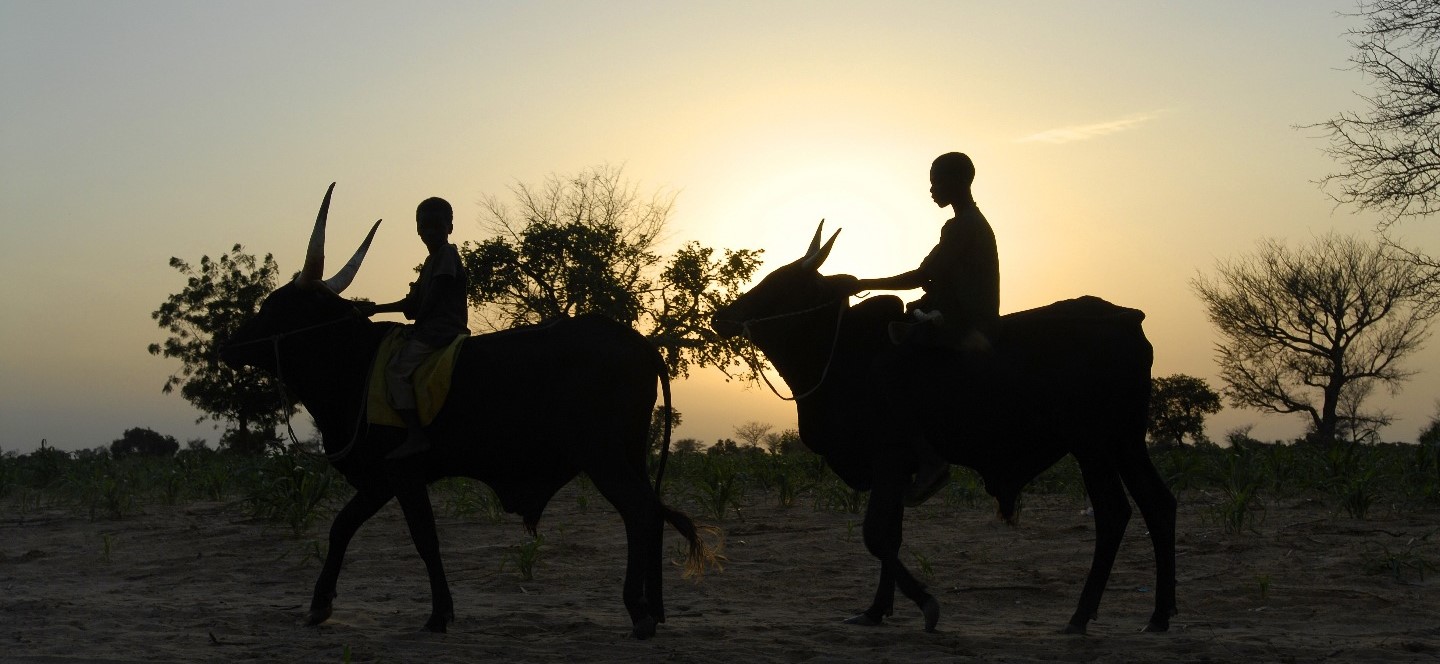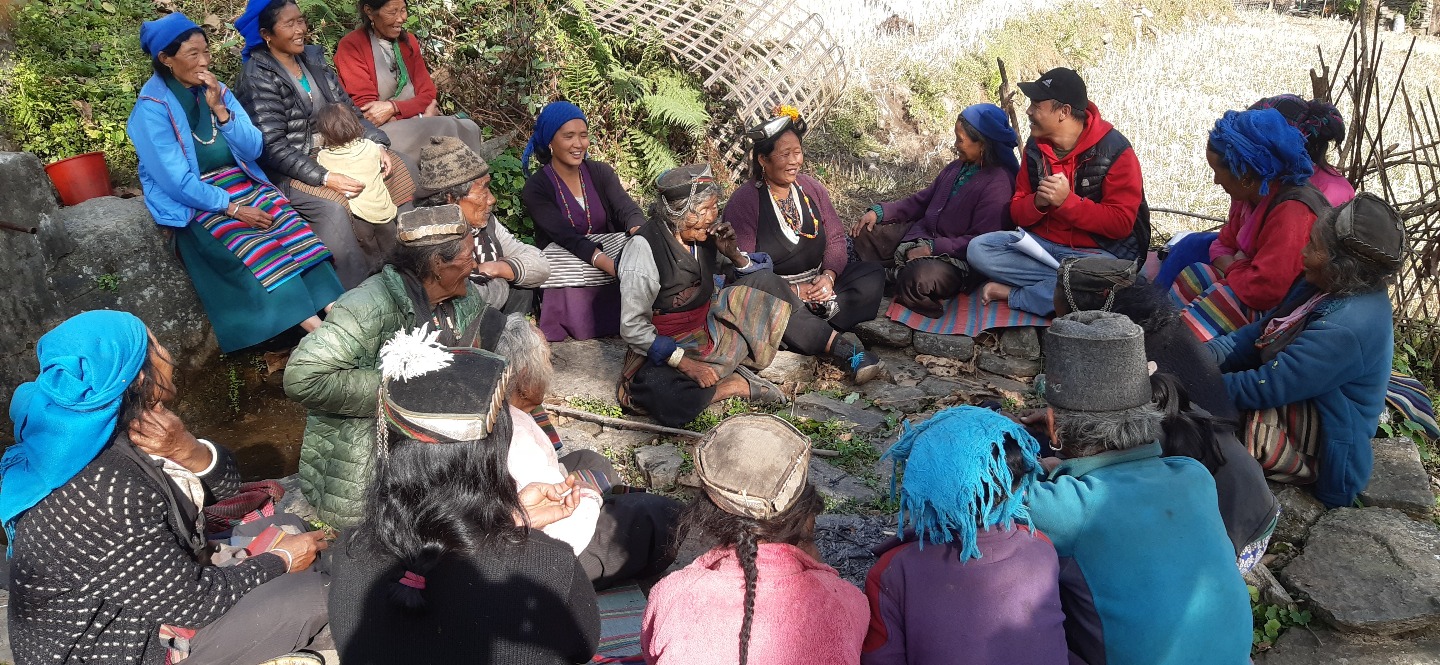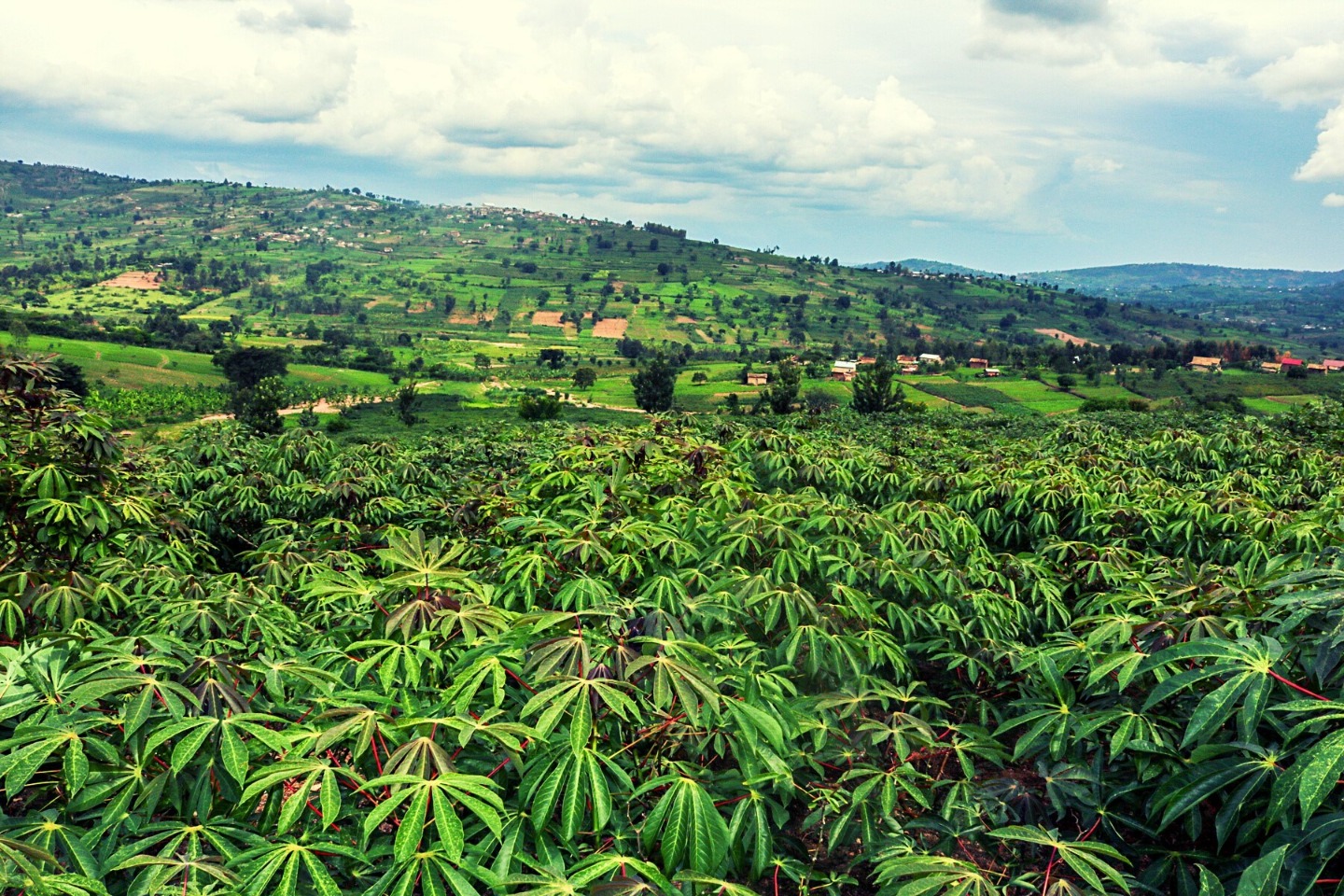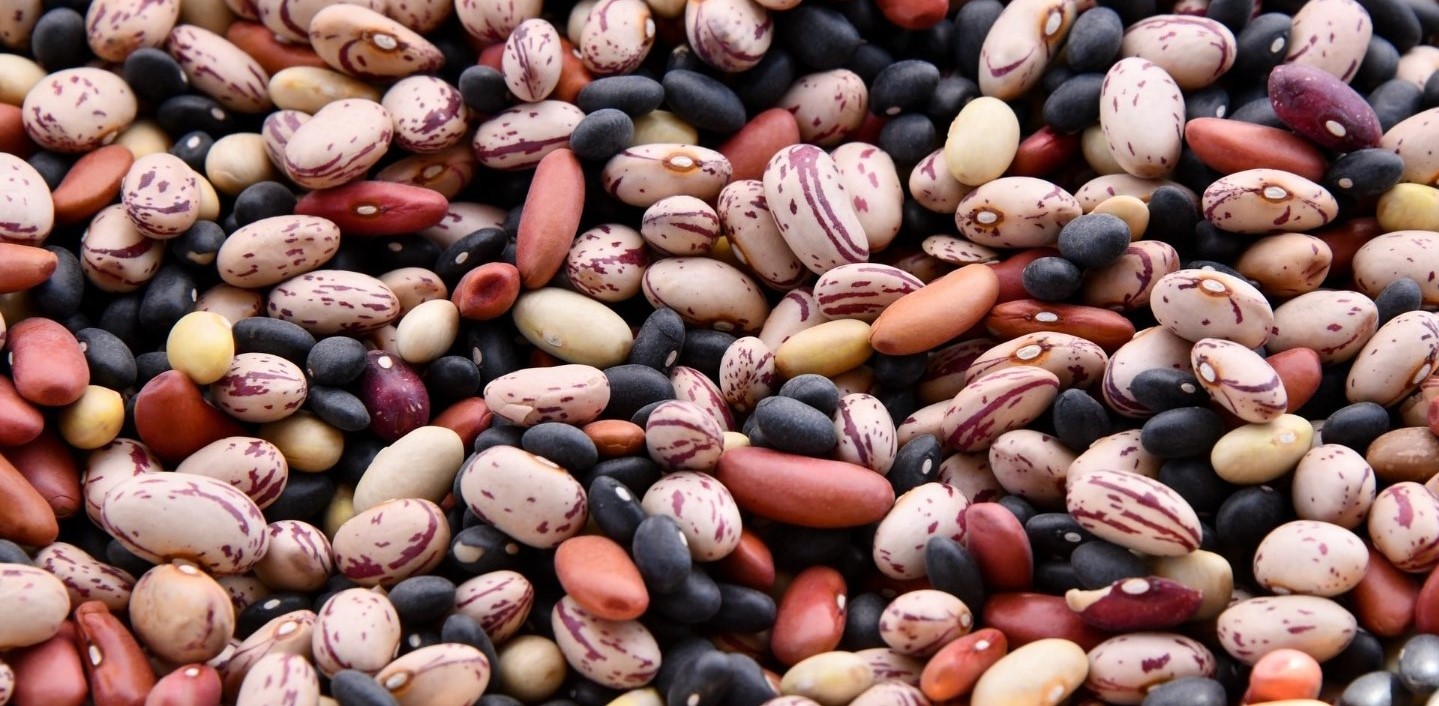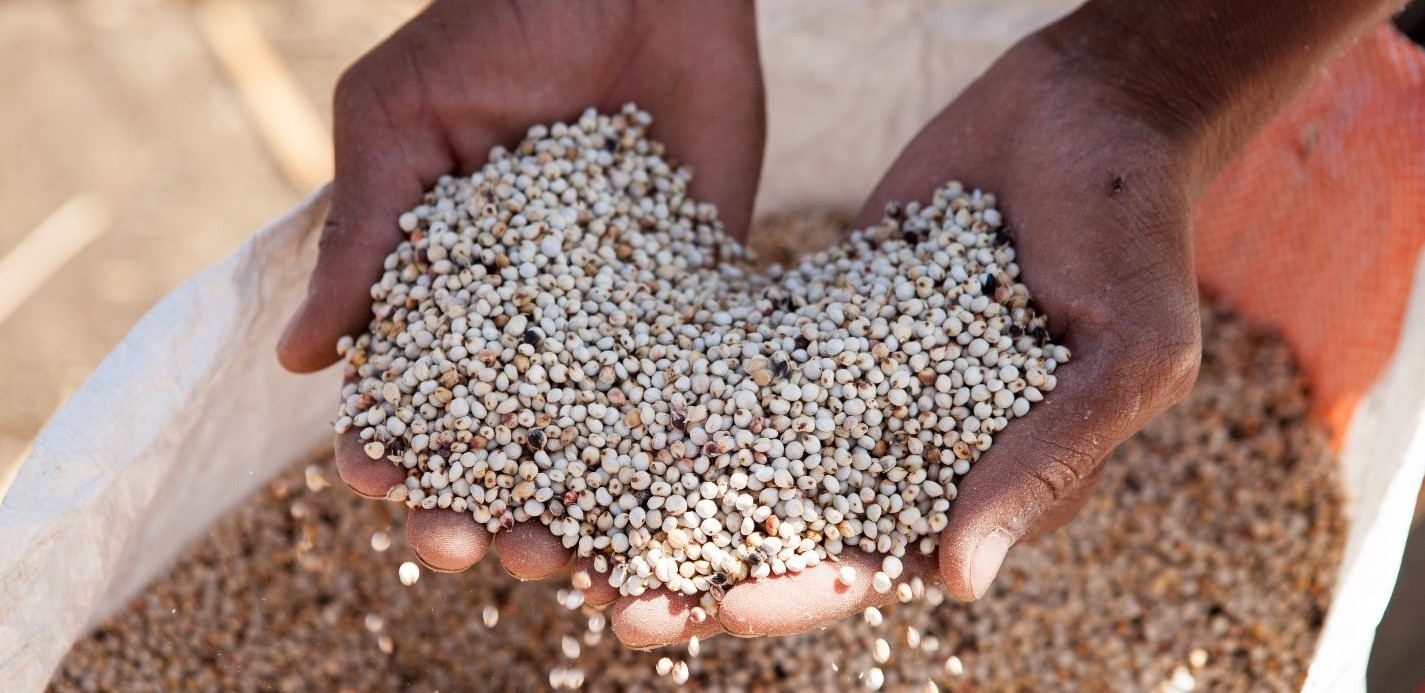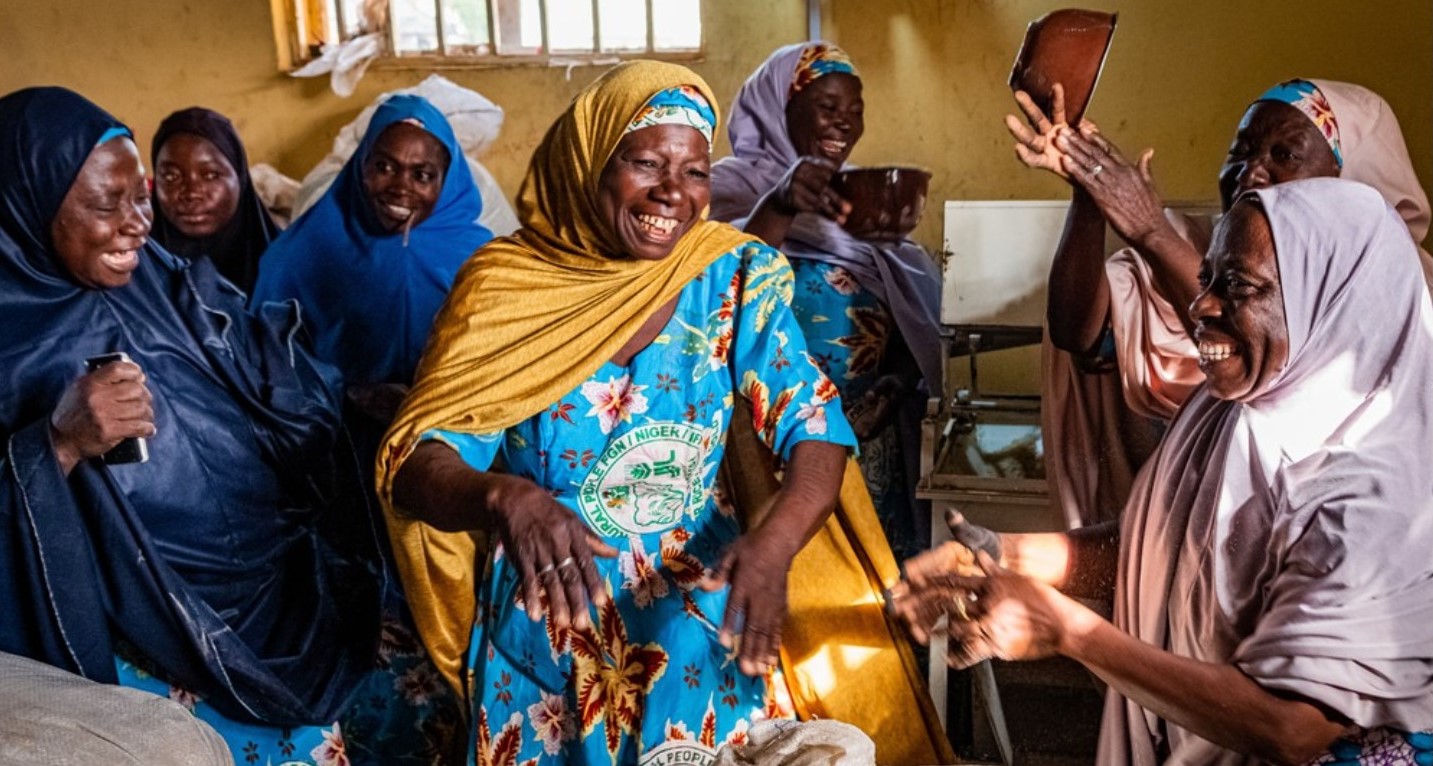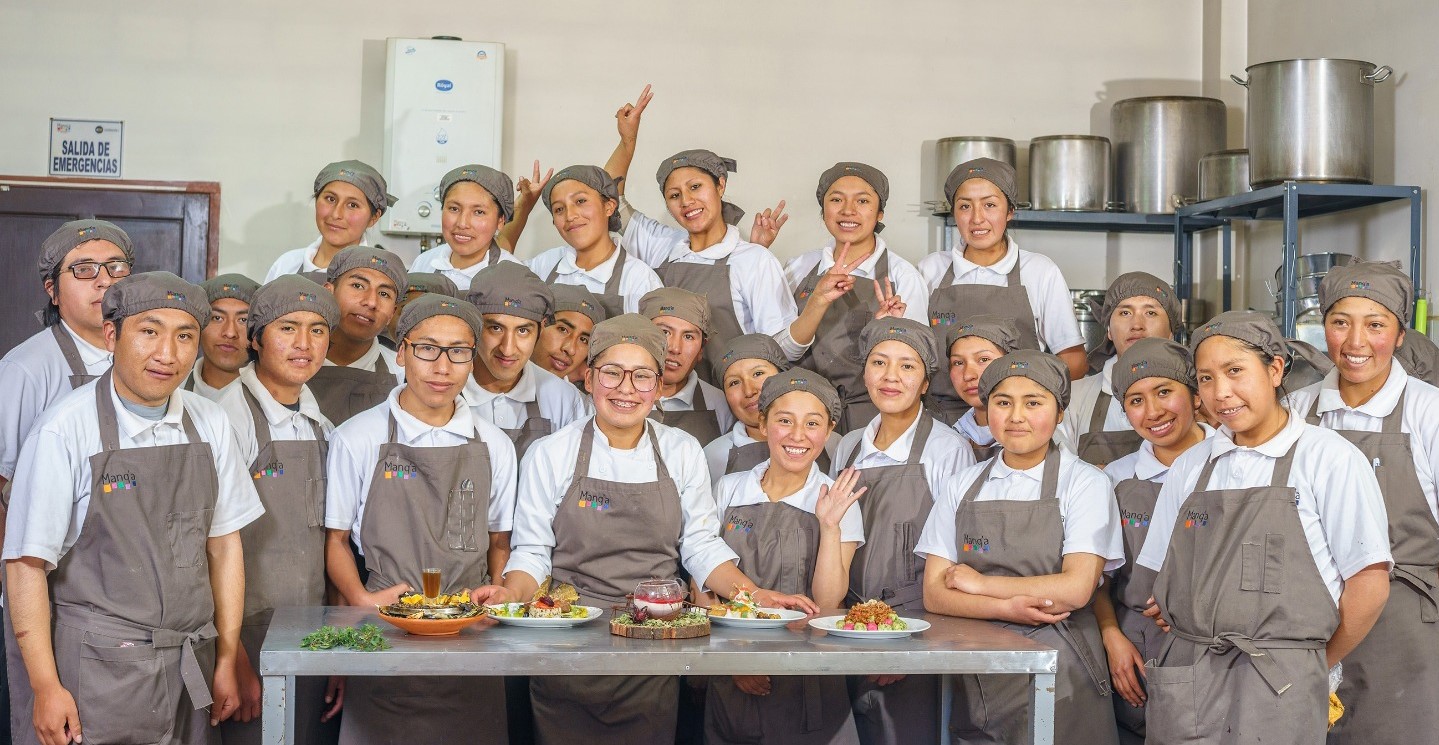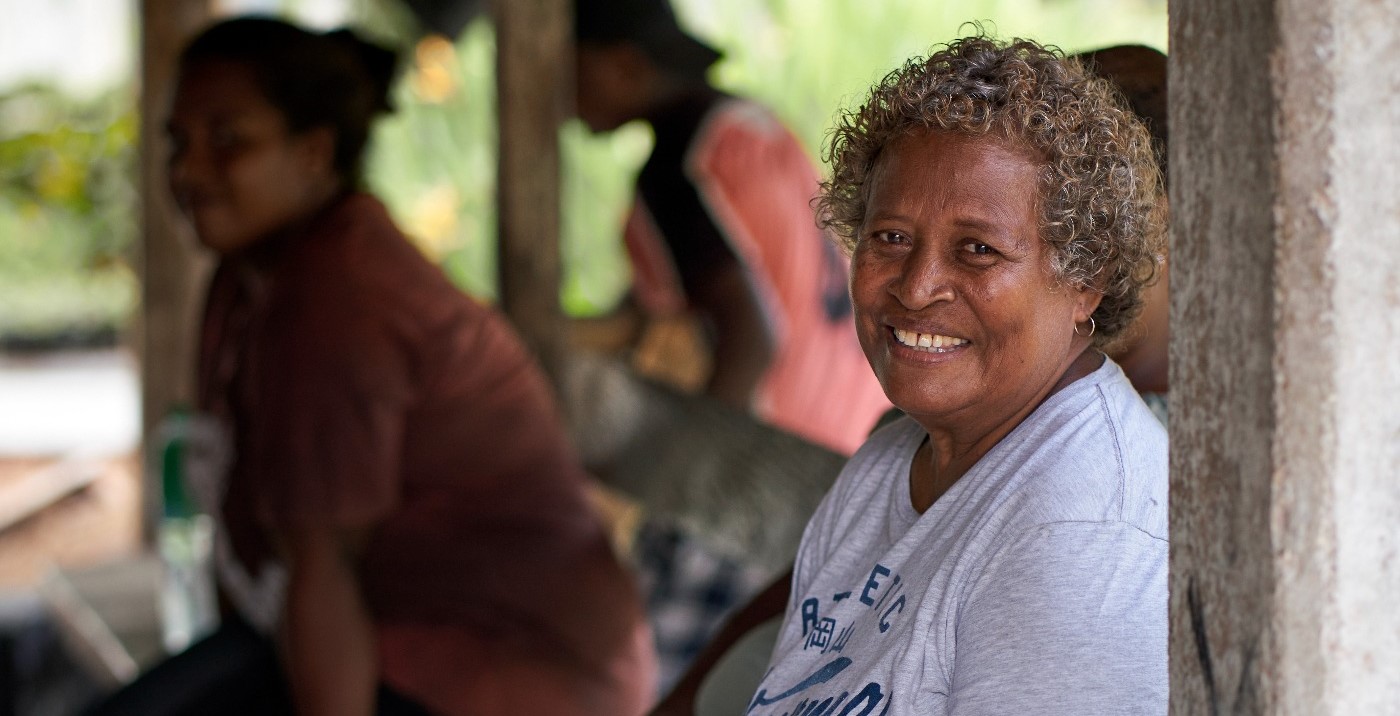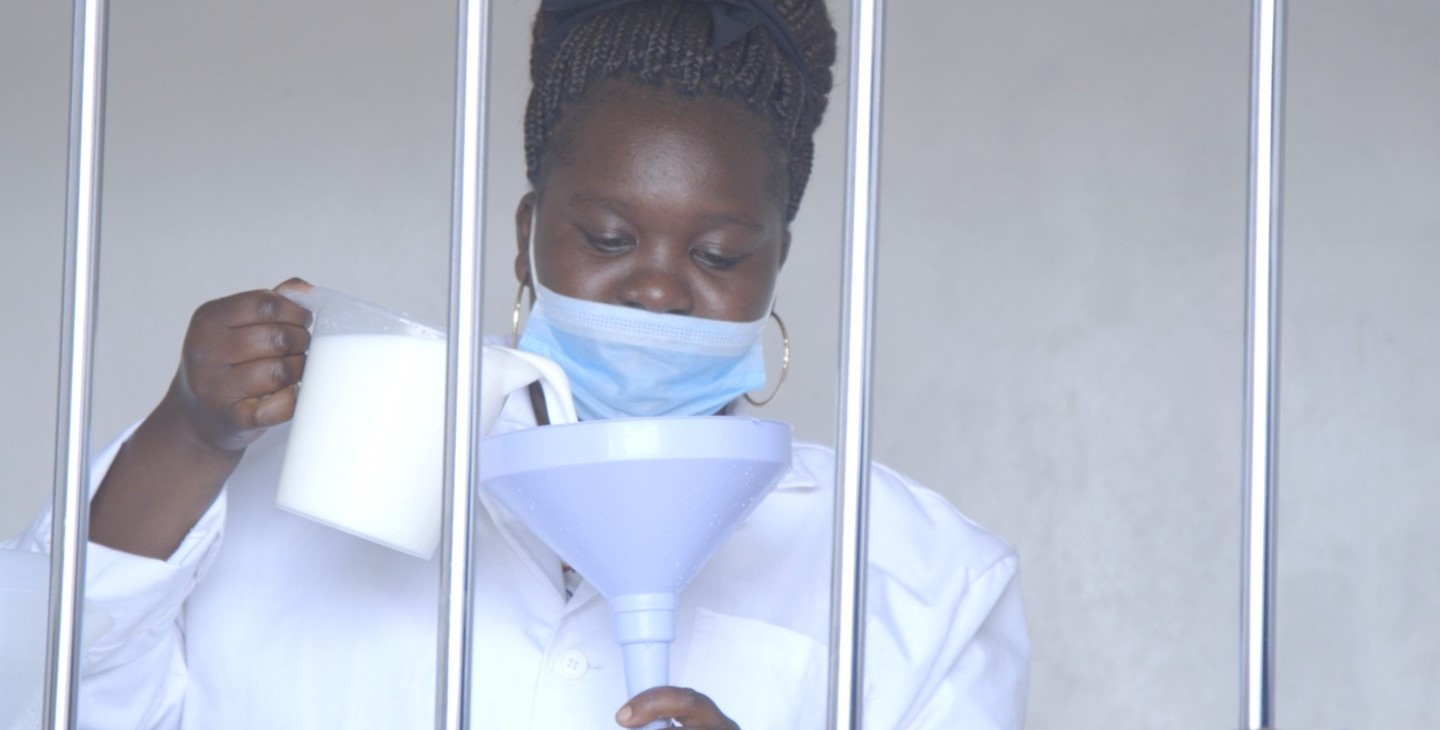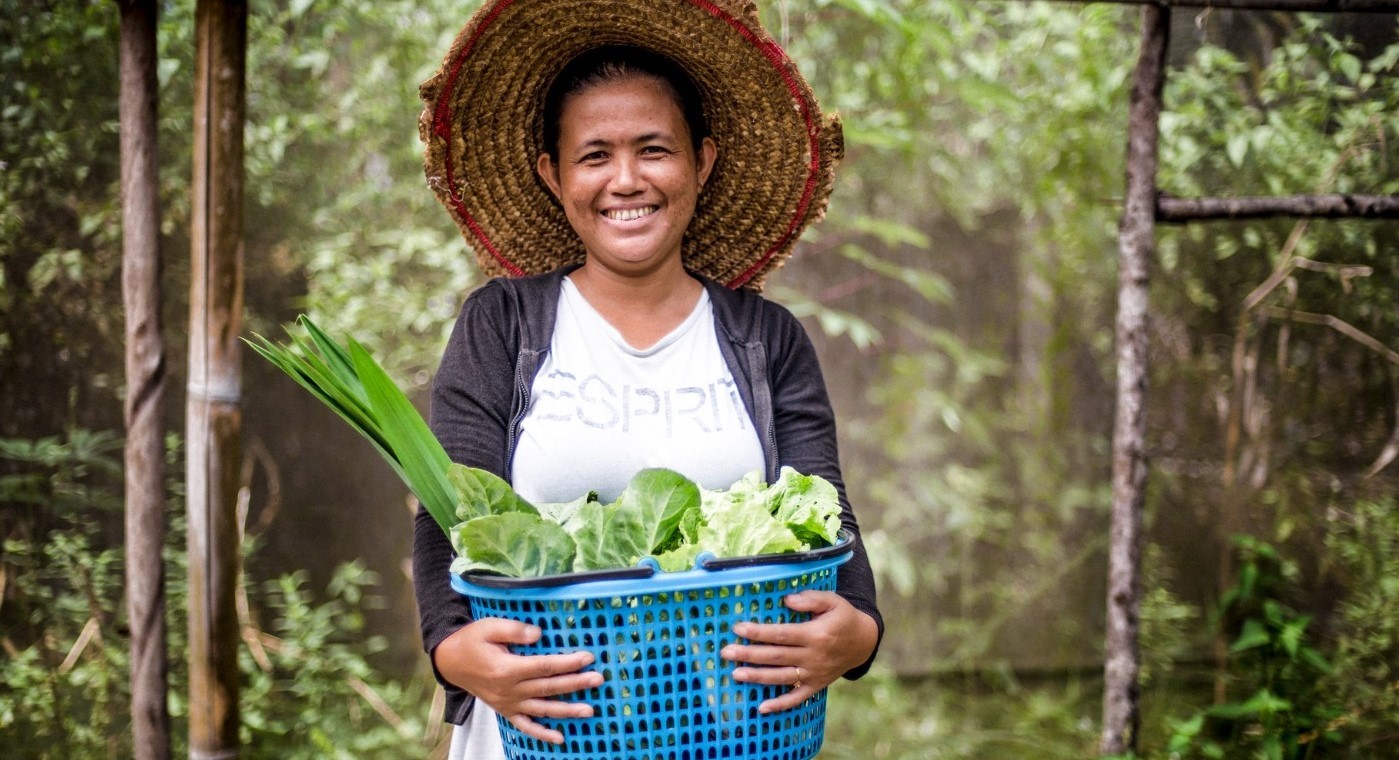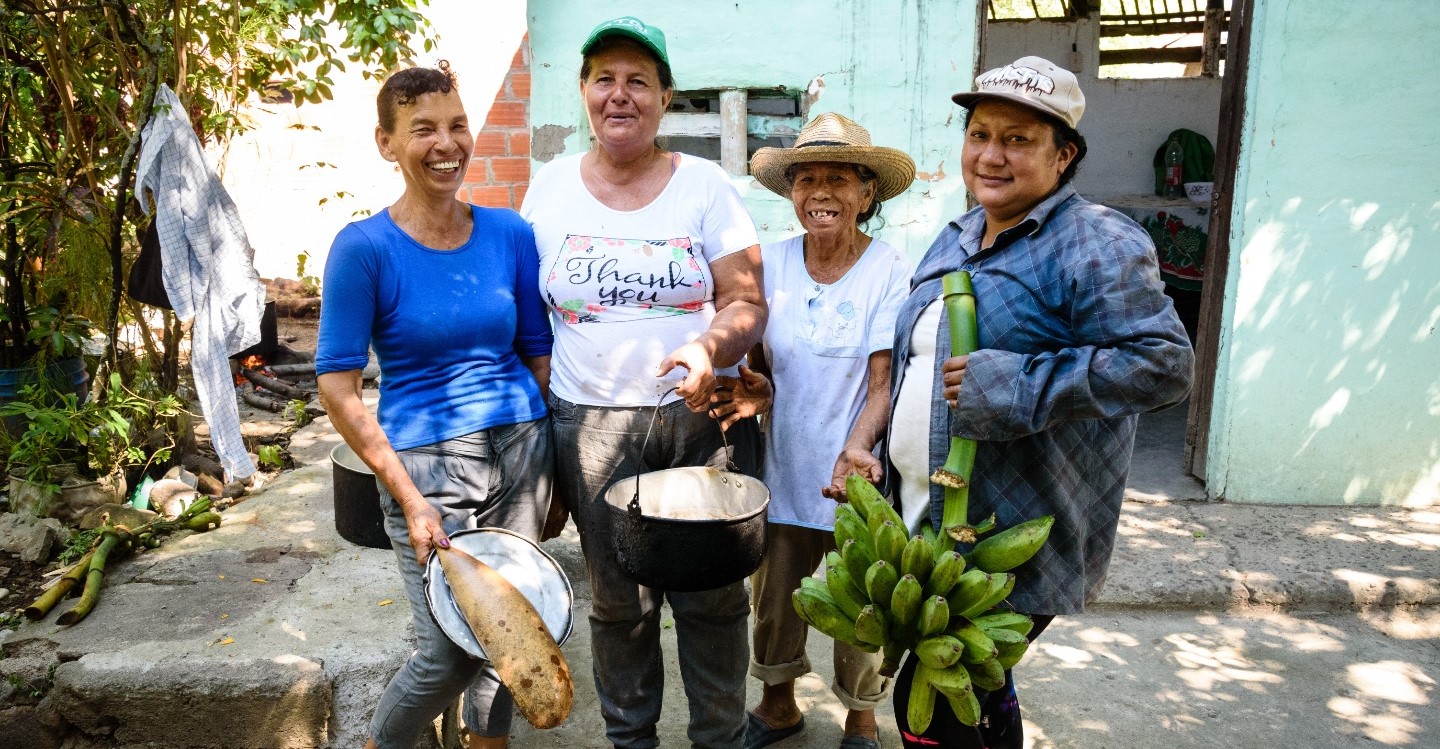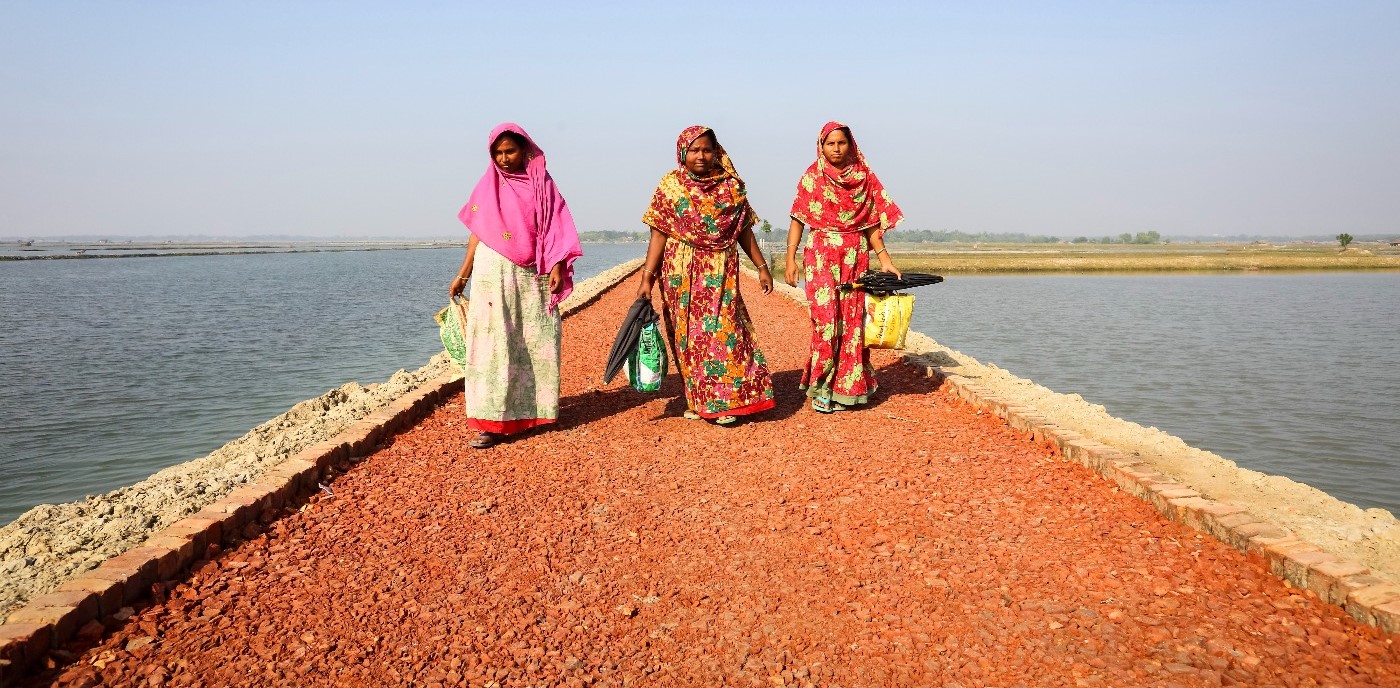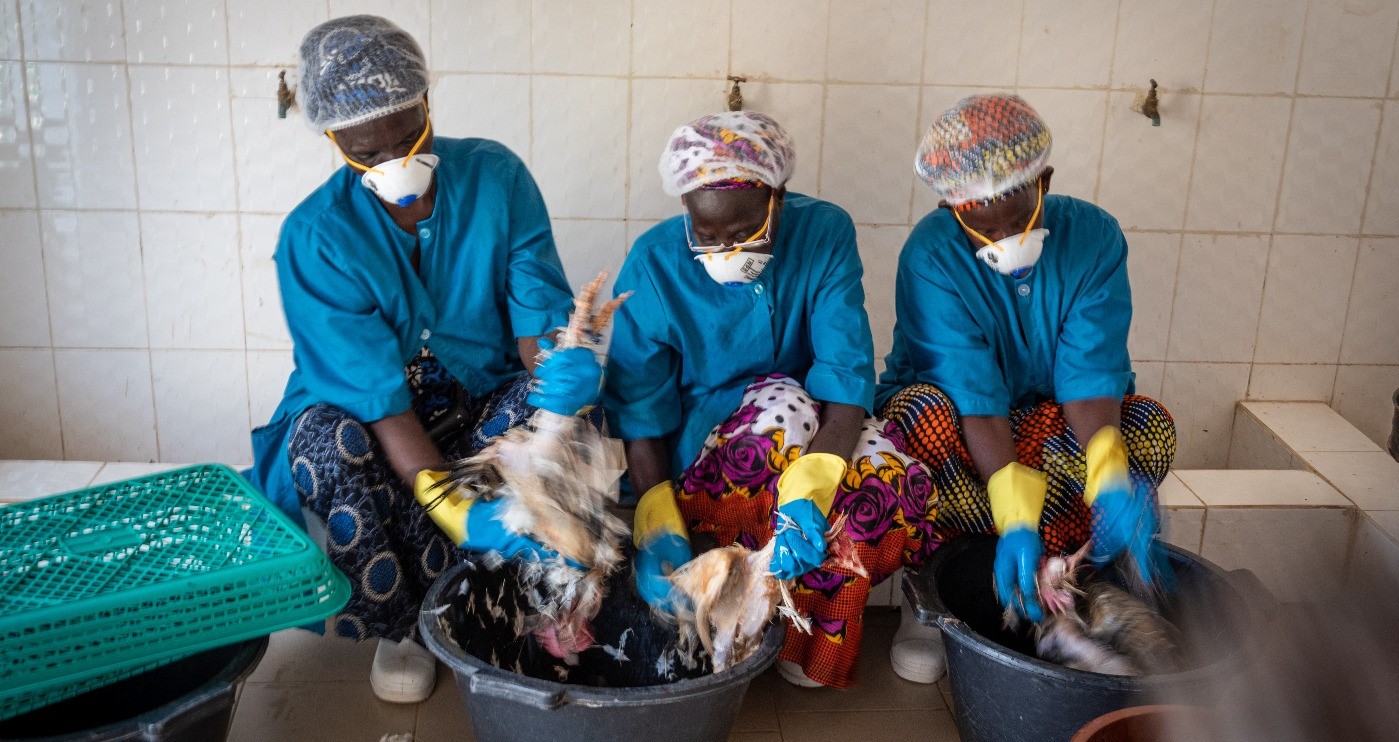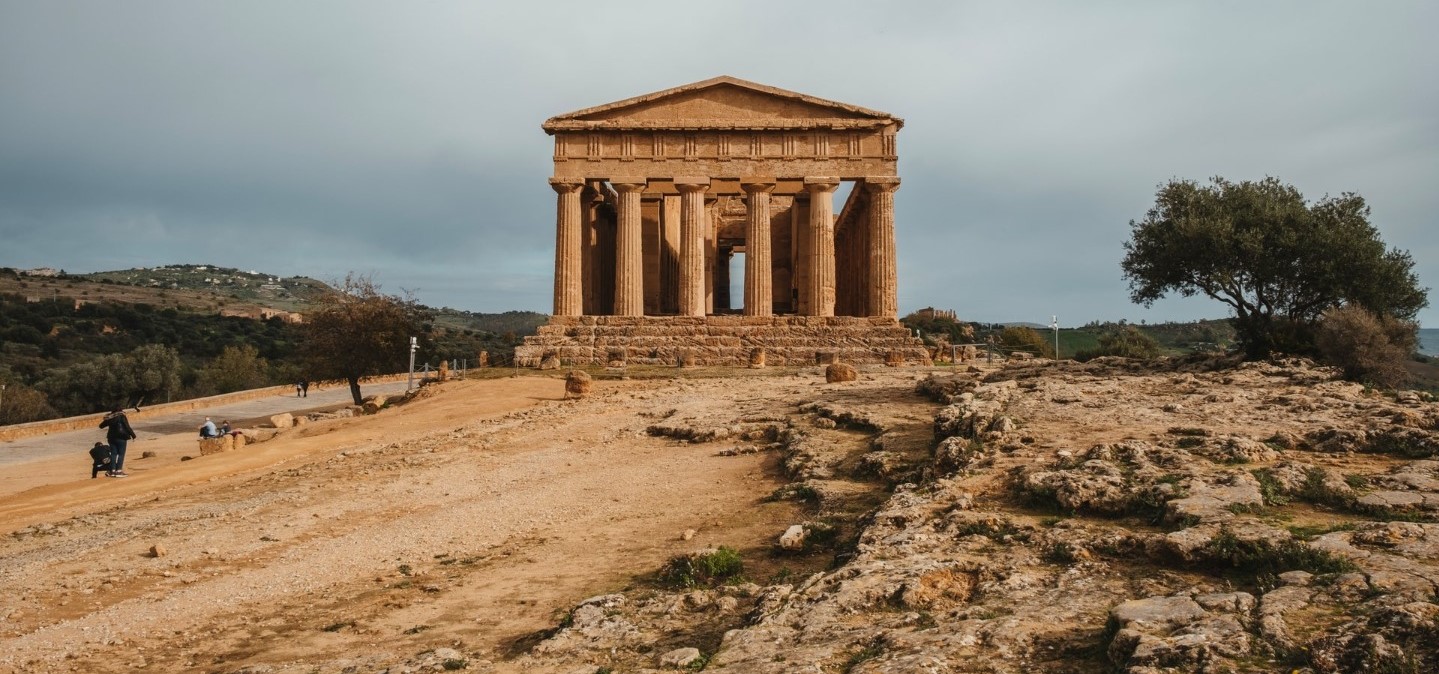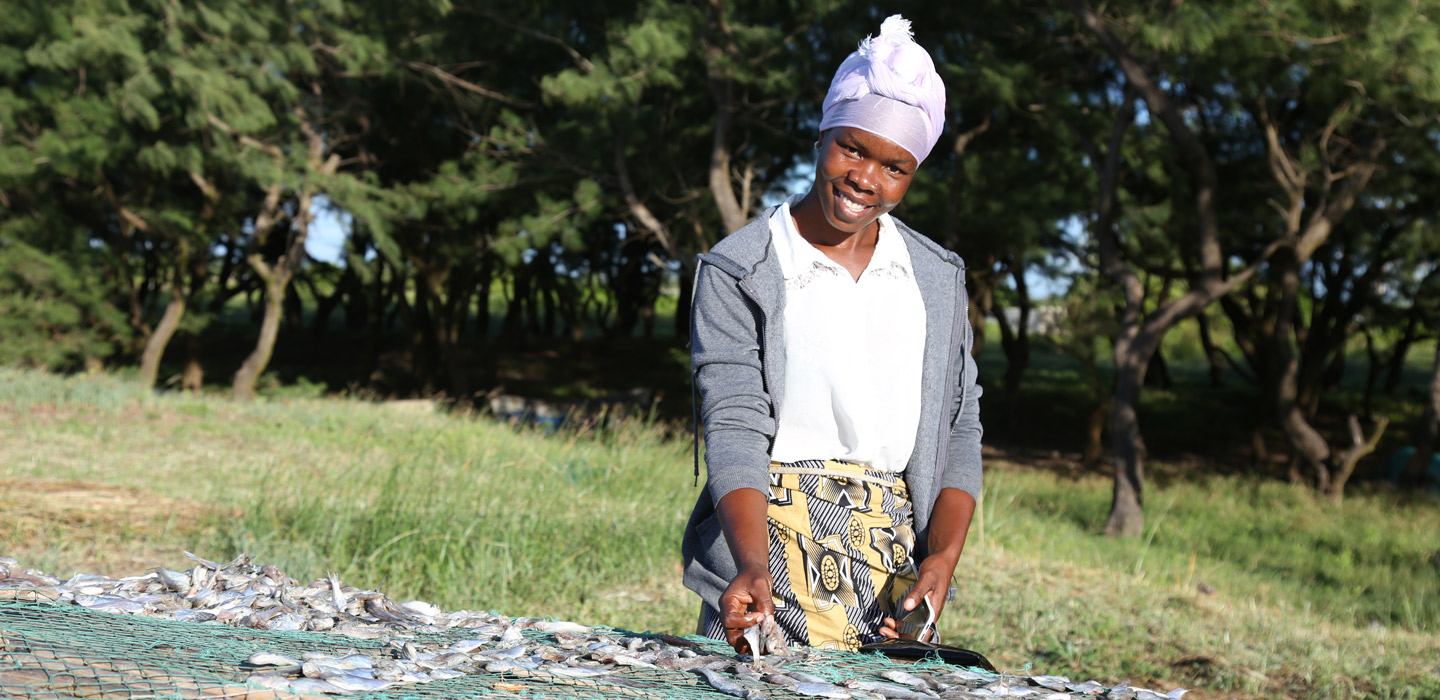Latest
Latest

Latest
Manual Submenu Topics
Search Results Filters
Search Results
Community-driven change brings water security in Tonga
Eua Island is home to many of the Kingdom of Tonga’s natural resources. Recently, climate change and natural disasters have caused significant water supply challenges, but an IFAD-supported project – made possible by the islanders’ incredible community spirit – is working to change that.
The Greenthumb Youth Group casts their nets
The Greenthumb Youth Group hadn’t had much luck with traditional farming. But thanks to a grant to set up an aquaponics venture – combining crop farming and fish farming – their success is making waves all along the value chain.
Revitalizing the practice of shifting cultivation: A conversation with Dr Dhrupad Choudhury
Shifting cultivation is an indigenous food system practiced by millions of people across south and south-east Asia. A new resource book authored by Dr Dhrupad Choudhury, in collaboration with ICIMOD, is designed to guide policymakers and development professionals in sustainably transforming this practice.
Rural Youth Innovation Award honours youth leaders fighting COVID-19
IFAD believes in the tremendous innovative capacity of rural youth – and we take seriously our responsibility to support young people in their constant search for change and innovation. That’s why this year’s Rural Youth Innovation Award in Latin America and the Caribbean, a project financed by the China-IFAD SSTC Facility, focused on initiatives led by young people fighting the pandemic.
How small-scale producers can leverage the growing livestock market
With global production and consumption of meat projected to rise, livestock rearing is becoming an increasingly important income source for many small-scale producers. Recently, livestock farmers from around the world have been learning from each other via the SSTC framework.
How South-South and Triangular Cooperation is transforming coconut cultivation and processing in Viet Nam
All businesses, irrespective of their size, location, products, and services, depend on weather and climate. Finding and sharing solutions to climate-related challenges is at the centre of South-South and Triangular Cooperation.
Creating smoke-free kitchens in Nepal through Indigenous community empowerment
EcoHimal Nepal is a national non-government organization that works with rural mountain communities. They developed a project with NELHOS, another local organization funded by IFAD, in Rukuma and Chepuwa villages of Bhotkhola Rural municipality to develop ‘’smoke-free kitchens’’.
In Rwanda, public-private partnerships benefit small-scale cassava farmers
Cassava is one of Rwanda’s most important staple crops, but market access remains a challenge. The Ingabo Syndicate, an organization of cooperatives, has been helping its cassava producers find markets for over two decades – most recently, through public-private partnerships.
2021 Agrobiodiversity Innovation Challenge
Innovators who aim to mainstream agrobiodiversity solutions into the agri-food sector are welcome to submit applications to the Agrobiodiversity Innovation Challenge.
It’s time to think small
Small-scale farmers and the rural poor have a crucial role to play in the restoration of ecosystems and the conservation of natural resources.
Annual report 2020: 123 million rural people reached as IFAD steps up fight against hunger, poverty and exclusion
As the COVID-19 pandemic raged around the world pushing millions more people into hunger and poverty, IFAD increased its support for the most vulnerable and marginalized people, according to the IFAD Annual Report 2020 released today.
El proyecto Puentes fomentará los vínculos entre gastronomía y agricultura familiar para crear empleo y oportunidades económicas para los jóvenes de las zonas rurales y peri-urbanas de Bolivia, Colombia y Honduras
El proyecto Puentes/Rural For Young People, que creará empleo y oportunidades económicas para casi 5.000 jóvenes de entre 16 y 35 años de las zonas rurales y peri-urbanas de Bolivia, Colombia y Honduras, echó a andar ayer tras su lanzamiento virtual.
Responding to the challenges of a year like no other: IFAD’s 2020 Annual Report
IFAD’s Annual Report provides a concise, compelling and interactive discussion of how we addressed the challenges of the last year.
New horizons for the Ingobor Youth Group
Meet Ingobor, a group of 20 former bus drivers and conductors who pooled their resources and established a successful dairy business.
IFAD and partners to announce upcoming coalition to support public development banks’ financing of sustainable and equitable food systems
Creating sustainable and equitable food systems that benefit the world’s most vulnerable people will require substantial investments – by some estimates as much as US$350 billion per year over the next decade.
How can International Financial Institutions invest to ‘’build back better’’?
Given the already-high levels of poverty and vulnerability faced by small-scale rural producers, the pandemic has hit them and their families particularly hard. So, what should be the priorities for organisations, like IFAD, in the coming years?
Bold actions for gender equality and women’s empowerment in food systems
What does a gender just and equitable food system practically look like? A just and equitable food system is one in which women’s roles change from being invisible to being visible.
Putting rural small-scale producers at the centre of food systems’ transformation – join IFAD during the Food Systems pre-Summit (26-28 July 2021)
To achieve a future where every person has access to affordable and healthy food, where food production protects the environment and biodiversity, and where the people who produce our food are paid decently for their labour, food systems must radically change, and the needs of rural people must be at the centre.
Spanish filmmaker wins first IFAD COPEAM Award at Sicilymovie - Festival del Cinema di Agrigento
“Beyond the Glacier” – a short documentary which addresses the impact of climate change and human activity on fishing communities in Kazakhstan - has taken a top prize at the Sicilymovie, with Spanish director David Rodríguez Muñiz receiving the first 2021 IFAD COPEAM Film Award today.
Food systems that ignore the needs of poor rural people are doomed to fail, warns IFAD President ahead of Food Systems pre-Summit
If we ignore the challenges and needs of rural people in the world’s poorest countries, our attempts to create more equitable and sustainable food systems are doomed to fail, said the President of IFAD ahead of the UN Food Systems pre-Summit that begins in Rome on Monday.

